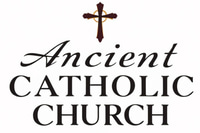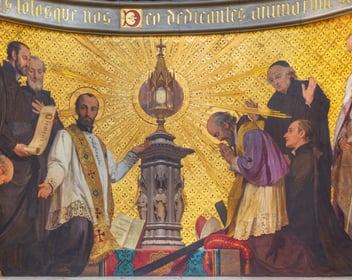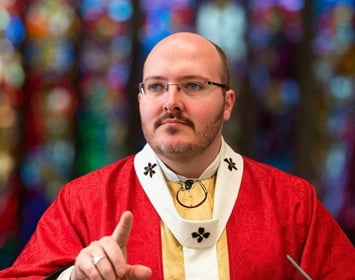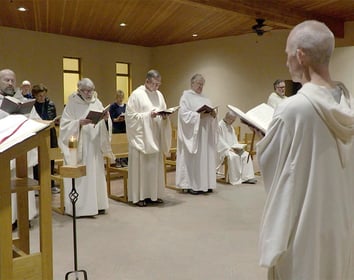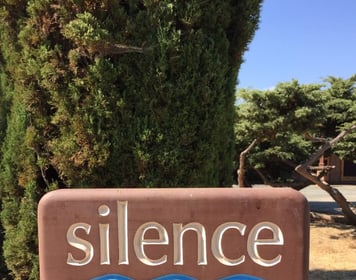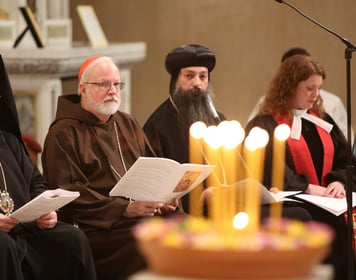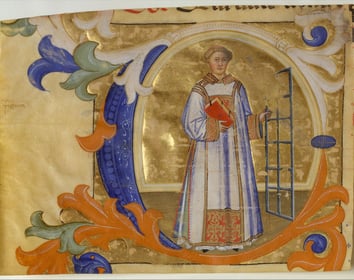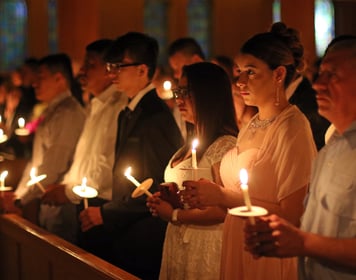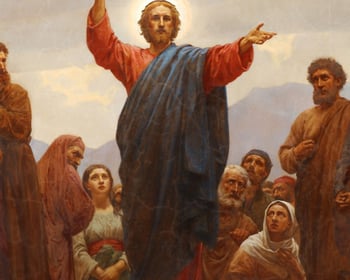
Peace and Reconciliation
We invite you to discover, belong, and journey with us in faith. Welcome home to the Ancient Catholic Church—where tradition meets mission, and community flourishes.
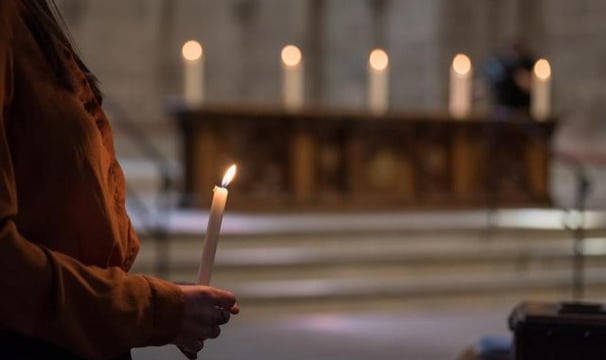

The Ancient Catholic Church is committed to fostering peace and reconciliation within our communities and throughout the world. Rooted in scripture, Catholic teaching, dogma, and theology, our programme upholds the belief that forgiveness and mutual understanding are essential pathways to healing both individual hearts and the broader human family.
A Scriptural Foundation for Peace
Our approach to peace and reconciliation is anchored in the living Word of God. Scripture guides our vision with timeless callings such as:
"Blessed are the peacemakers" (Matthew 5:9):
Jesus’ Sermon on the Mount reminds us that those who actively work toward peace are called the children of God. This beatitude forms the heart of our commitment and inspires every effort toward reconciliation."Do not repay evil for evil" (Romans 12:17-21):
St. Paul exhorts us to overcome hatred and injustice with forgiveness and love. This teaching directs us to seek solutions founded on mercy rather than retaliation.
In these passages, we find the mandate to pursue reconciliation—not only with God through the sacrament of reconciliation but also among one another, in both interpersonal relationships and in society at large.
Catholic Teaching and Dogma
The teachings of the Catholic Church have long affirmed the call to peace and reconciliation as a core element of Christian life:
Catholic Social Teaching:
Documents such as "Pacem in Terris" and "Caritas in Veritate" underscore the Church's vision of peace as more than the absence of conflict. They stress the need for justice, dialogue, and reconciliation among nations and communities, reminding us that sustainable peace requires respect for human dignity and the common good. Explore Archbishop's Felix reflection on the Examination of Conscience in Light of Catholic Social Teaching.
The Sacrament of Reconciliation:
Central to Catholic dogma is the belief in God’s mercy as revealed in the sacrament of penance. Through confession, the faithful receive absolution and healing—a process that both reconciles them with God and renews their commitment to peace in their daily lives.
Doctrinal Examples:
The dogma of the Immaculate Conception and the Assumption of Mary serve as profound symbols of hope and renewal. They remind us that through divine grace, human beings can be restored and transformed, embodying the promise of reconciliation in our broken world.
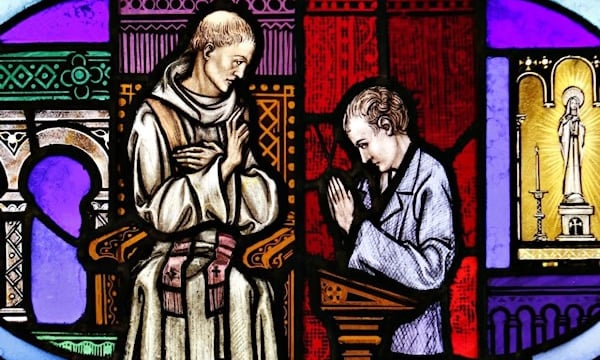

Theological Reflections on Mercy and Forgiveness
Catholic theology teaches that peace flows from the transformative power of divine grace. The Church embraces a holistic vision of reconciliation—one that reconciles humanity with God and encourages believers to extend that grace to every relationship.
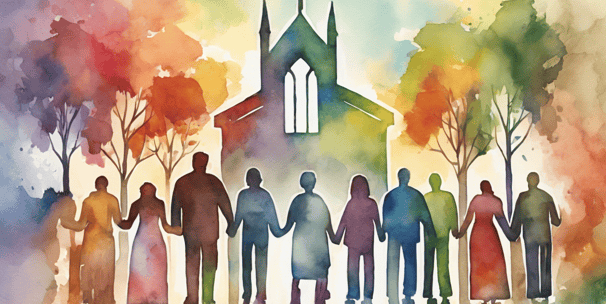

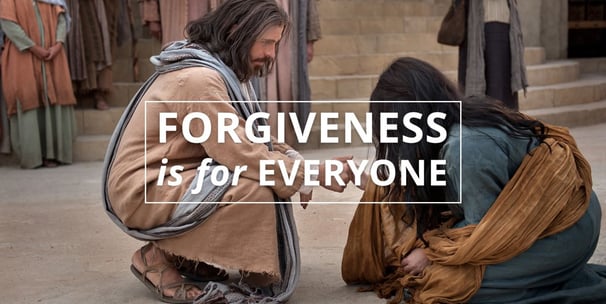

Grace as the Catalyst for Change
The Church holds that through God's grace, each person is empowered to forgive and to seek forgiveness. This theological insight not only underpins the sacramental life but also guides our efforts in social reconciliation.
The Role of Community
By fostering communal dialogue, pastoral care, and sacramental celebrations, our programme highlights that reconciliation is inherently relational. The rebuilding of trust and the healing of divisions require both personal conversion and collective commitment.
Pastoral Counselling and Mediation
We offer one-on-one sessions with trained pastoral counsellors and mediators to help individuals and families navigate conflicts and heal emotional wounds.
These sessions are available in person and via Zoom, providing accessible support for all.
Our Peace and Reconciliation Programme
The Ancient Catholic Church’s Peace and Reconciliation programme is designed to turn these rich scriptural and theological insights into practical, everyday action. Key components of our programme include:
Our church hosts regular reconciliation forums where community members can come together to dialogue openly about sources of conflict, share their experiences, and work collectively toward healing and harmony. These forums are inspired by stances such as “turning the other cheek” and serve as a living testimony to our commitment to forgiveness and solidarity.
Community Reconciliation Forums
Workshops & Retreats
Through workshops on topics like conflict resolution, forgiveness, and nonviolent communication, we aim to educate and empower our members. Retreats provide extended periods of reflection and prayer, rooting participants deeper in the Church’s teachings on peace and offering practical tools for promoting reconciliation in everyday encounters.
Sacramental Celebrations
Emphasising the healing power of the sacraments, particularly the Eucharist, our programme encourages regular participation in Mass as a source of ongoing spiritual renewal. The Eucharist, as the true presence of Christ, nourishes the soul and reinforces the call to live peaceably and reconciled with one another.
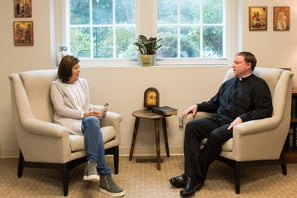

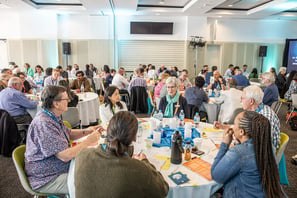

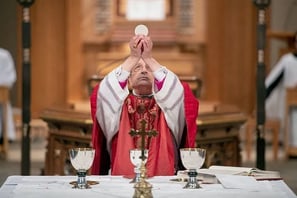

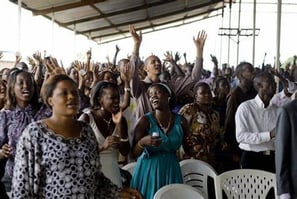

The policy of the Ancient Catholic Church is clear: peace and reconciliation are not optional ideals but core tenets of our faith. In every aspect of our ministry—from the intimate act of personal confession to large-scale community dialogues—we work to embody the love and mercy of Christ. Through our Peace and Reconciliation programme, we aspire to build bridges, heal divisions, and transform lives, one act of forgiveness at a time.
We invite you to join us in this sacred mission. For more details on our services, upcoming events, or to arrange a counselling session, please contact our pastoral care office. Together, under the guidance of Christ’s redeeming love, we can bring about a world marked by true peace and lasting reconciliation.
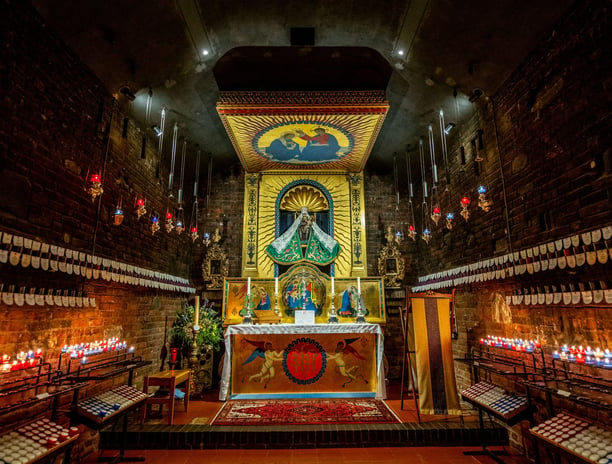

An Ongoing Commitment
Learning with a Sacramental Church
Fostering faith, inclusion, and compassionate service within a vibrant community and beyond.
Creeds
The Nicene Creed & Apostles' Creed are are living expressions of the Church’s faith. They serve both as historical anchors and as vital components of today’s liturgy and pastoral life.
Ordo
Rooted in the church’s rich heritage & deep commitment to spiritual growth, the Ordo serves as a liturgical roadmap, fostering unity, devotion, and understanding.
Ecumenism: the journey towards unity among all Christians and mutual understanding with people of other faith traditions.
Ecumenical
Camaldolese Life
Contemplative Prayer
God in Nature
The Camaldolese Hermitage at Big Sur welcomes all who feel called to integrate the contemplative and monastic spirit into the fullness of everyday life.
The Hermetical Order of the Camaldolese warmly invites prospective aspirants—especially those engaged in full-time work—to experience a condensed two-week immersion into our way of life.
This is the invitation of the Ancient Catholic Church: to step beyond our everyday confines and encounter the divine where it has always resided—in the very fabric of creation.
Liturgical Calendar
Peace & Reconciliation
Homilies & Reflections
Cyclical journey through the seasons, solemnities, feasts, and memorials of the Church, uniting believers in prayer and worship. It serves as a spiritual compass, guiding our days, weeks, and months towards a deeper communion with God.
Rooted in scripture, Catholic teaching, dogma, and theology, our programme upholds the belief that forgiveness and mutual understanding are essential pathways to healing both individual hearts and the broader human family.
Explore and engage with the teaching of the church. Each homily is carefully chosen and curated to produce an accessible online library of teaching on scripture, dogma and theology. All our clergy are able to contribute to this growing resource.
Ancient Catholic Church
Embracing faith, inclusion, and compassionate service together.
ST THOMAS AQUINAS SEMINARY
© 2025. All rights reserved.
QUICK LINKS
